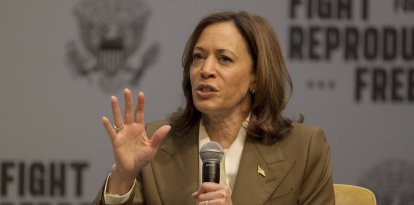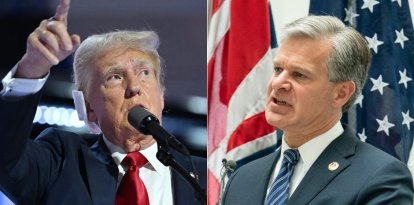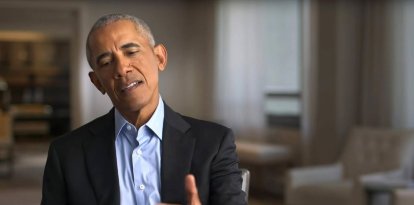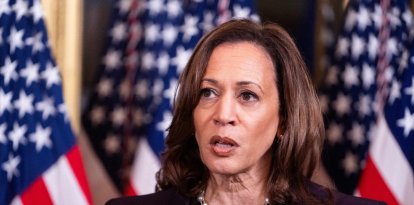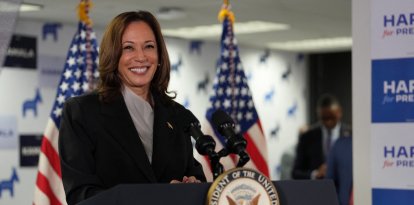Content creators warn that banning TikTok could leave thousands of Americans without their livelihood
“Banning TikTok would shut down a lot of small businesses, including mine,” said one plant store owner.
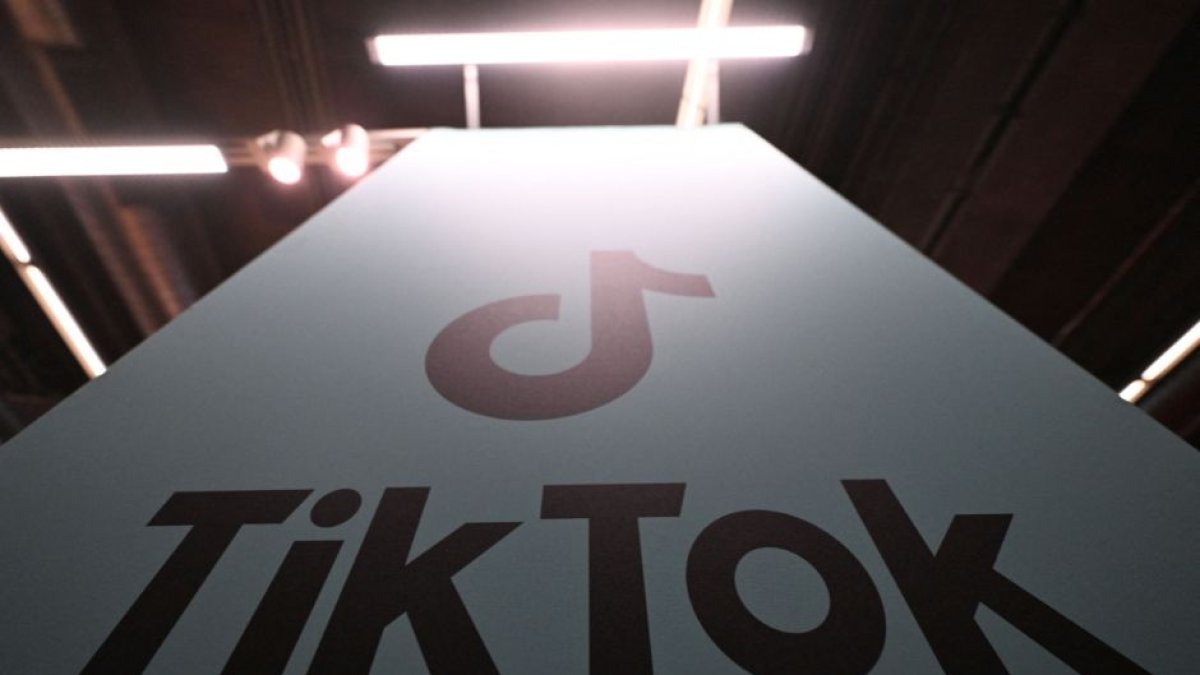
TikTok podría quedar prohibida en seis meses. (AFP)
Content creators strongly criticized the representatives of the House of Representatives who overwhelmingly voted this Wednesday in favor of a bill that could ban the Chinese social network TikTok.
According to TikTok content creators, banning the Chinese social network would end their main means of livelihood and therefore directly threaten their lives.
Brandon Hurst, 30, a plant store owner, told The Washington Post that TikTok became an essential tool for his business.
“Banning TikTok would shut down a lot of small businesses, including mine,” Hurst said. “These representatives and senators don’t understand what they’re doing won’t just harm people they call content creators, it would hurt small businesses.”
Heather DiRocco, an artist and content creator from Montana, a state that banned TikTok, also spoke out against the bill, which she called “ignorant.”
"TikTok provides more benefit than harm than any other social media platform," DiRocco told the Washington Post.
“I find it incredibly frustrating that our own politicians continue to make these baseless claims of needing TikTok to be banned without providing any proof to the reason why. They have shown that they do not know how the app works at all, over and over again,” she added.
While the bill was passed in the Senate, the claim that TikTok would automatically be banned has been called into question.
Some senators and representatives who support the bill, such as Democrat John Fetterman, stated that the bill would not necessarily ban TikTok, but would make the app completely dissociate itself from the Chinese Communist Party, forcing the parent company, ByteDance, to sell its platform.
However, Nora Benavidez, a lawyer who specializes in civil rights and freedom of expression and senior advisor at the Free Press, told the Washington Post that the bill would practically shut down TikTok since it is unlikely that ByteDance will be able to find a buyer in such a short amount of time according to the deadline established in the bill.
“It’s unrealistic that TikTok’s parent company would be able to sell the app within the U.S. within six months, which is the time period the government mandates under this bill,” Benavidez said. “Faced with that likely scenario, the penalties they’d face in the case of such an event would result in TikTok being banned.”
Other viral TikTokers, who use the platform to make donations or organize events to give back to their communities, expressed their concern about the potential ban.
One example is William McCoy, known as Izzy White, a former drug dealer from Baltimore who told NPR he uses his platform to help the homeless in his community.
“Without TikTok, basically all the mouths that I feed every day wouldn't get fed every day,” McCoy said.
Likewise, Freddie Smith, a real estate agent from Orlando, Florida, who has 530,000 followers on the app, said that TikTok is a platform that provides job opportunities for millions of people. He claims it goes beyond content creation for entertainment purposes.
Smith told NBC News, “Before you go jump to conclusions and go ‘Boohoo a 25-year-old dancing with a shampoo bottle’s gotta get a real job,’ being an influencer is a fraction of what income is created on these apps. There are so many important things happening on this app (…) And I’m waiting to hear Congress talk about how this would take away millions of jobs.”
Meanwhile, this bill has sparked an intense debate on social media about freedom of expression.
For example, Senator Rand Paul (R-KY) is against banning TikTok because he believes it would be a “draconian measure that stifles free expression, tramples constitutional rights, and disrupts the economic pursuits of millions of Americans.”
However, there is bipartisan support for the bill and there is a good chance that the Senate will also vote in favor.
If that happens, it will be up to President Joe Biden. He previously said that if the bill makes it to his desk, he will sign it.













